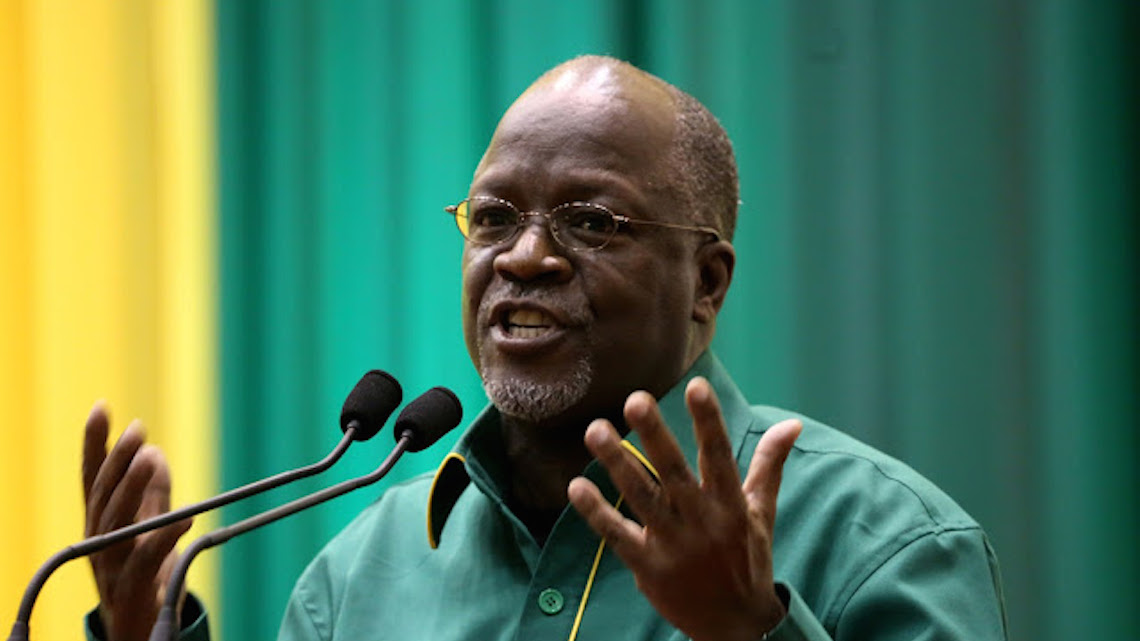Tanzania’s president John Magufuli is presiding over an escalating campaign of repression that has targeted journalists, human rights defenders and political opponents ahead of his plans to run for re-election next year, two reports claim.
Magufuli – nicknamed “the Bulldozer” – is accused in two independent reports, by the human rights organisations Amnesty International and Human Rights Watch, of presiding over rising levels of abuses against activists and opponents since his election in 2015.
The two reports paint a chilling picture of Tanzanian rights under assault, beginning with Magufuli’s announcement in July 2016 of a blanket ban on political activities until 2020, which critics say has been used to target opposition parties and justify politically motivated trials.
Amnesty cites amendments made to the country’s Political Parties Act at the beginning of this year that introduced wide-ranging restrictions on the rights to freedom of association and peaceful assembly.
These moves have been accompanied by violence. In 2017, unidentified assailants shot an opposition member of parliament, Tundu Lissu, and in 2018, unidentified assailants killed two officials, Daniel John and Godfrey Luena, of the main opposition party, Chadema. Although police said they are investigating these killings, no arrests have yet been made.
In tandem with moves restricting political activity, Tanzania’s media has seen increasing censorship and scrutiny under a new Media Services Act with at least six media outlets suspended for publishing stories about corruption and human rights violations.
Beyond suspension and threats, journalists in Tanzania have also faced arbitrary arrests and prosecutions. In one extreme case, journalist Azory Gwanda disappeared under mysterious circumstances in November 2017.
In one of the most high-profile cases earlier this year, police arrested investigative reporter Erick Kabendera. Public statements suggested he had been questioned about the validity of his Tanzanian nationality and later interrogated for alleged sedition and publication of false information in an Economist article he wrote.




